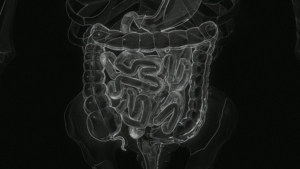
Blocking antibody recycling vs autoimmune diseases
Researchers at Belgian UCB SA have clinically demonstrated that an antibody targeting a normal cellular recycling process can remove autoantibodies from the blood of people with autoimmune diseases.
In a Phase I trial the team headed by Peter Kiessling demonstrated safety and tolerability of rozanolixizumab, a monoclonal antibody blocking FcRn – the protein domain that rescues IgG from being broken down. The findings could open up much needed therapeutic avenues where few options currently exist that remove self-reactive antibodies from the blood of people with autoimmune disorders without causing harmful side effects.
Seeking alternatives to steroids or other immunosuppressive treatments, Kiessling and colleagues devised a strategy to remove excessive IgG antibodies not by preventing their production, but instead by interfering with a normal cellular recycling process that keeps the proteins at high levels in the circulation. The researchers inhibited IgG recycling with rozanolixizumab in 36 healthy subjects across six cohorts at varying doses and administration routes (either intravenously or subcutaneously) – 13 volunteers received a placebo.
They measured dose-dependent decreases in serum IgG concentrations among participants who received rozanolixizumab compared to those in the placebo group, with no changes to different types of circulating antibodies or other immune signaling molecules. Importantly, no dangerous adverse events occurred during the study. Subcutaneous administration was better tolerated than the intravenous route, and the most common treatment-associated side effects were headaches, nausea, and vomiting. The authors also established favourable safety and pharmacological profiles for rozanolixizumab in nonhuman primates, and are planning to move forward with Phase II studies in individuals with autoimmune conditions.



 Unsplash+
Unsplash+